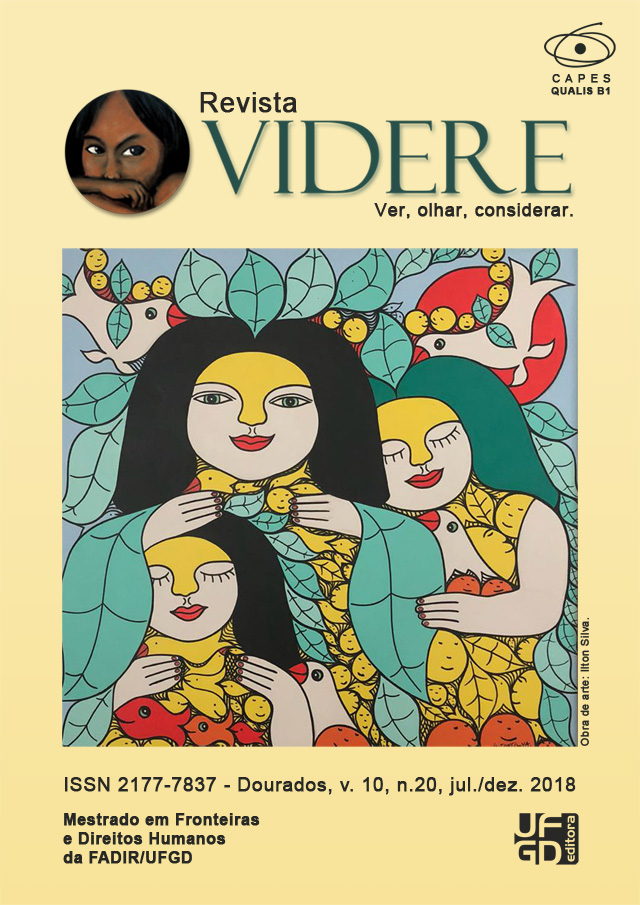Cuidados paliativos e autonomia do paciente terminal: reflexões sobre o testamento vital no Brasil
DOI:
https://doi.org/10.30612/videre.v10i20.7709Keywords:
Cuidados paliativos. Testamento vital. Autonomia.Abstract
A pesquisa investiga o contexto em que se desenvolve o testamento vital no Brasil. Por meio da referida declaração de vontade e após aconselhamento médico, a pessoa elege o que considera como digno em atendimento de saúde quando estiver em circunstâncias de terminalidade de vida. A investigação adota a teoria de Axel Honneth para contextualizar os anseios do paciente terminal na luta pelo reconhecimento. Inicialmente, o trabalho se dedica à abordagem da vulnerabilidade do paciente terminal e a relação transparente que deve existir na prestação de serviços médicos, identificando o instrumento como reflexo dos princípios bioéticos. Ainda, a investigação se debruça sobre o que sejam as diretivas antecipadas de vontade, especialmente o testamento vital como declaração de vontade para tratamentos de saúde em fim de vida. Em seguida, a pesquisa analisa o precedente gaúcho de reconhecimento da ortotanásia no qual restou demonstrado importante avanço do entendimento jurisprudencial acerca dos cuidados paliativos do paciente terminal. Ao final, verifica-se que oportunizar as pessoas a elaboração de diretivas antecipadas de vontade constitui-se em condição sine qua non para o reconhecimento e concretização da autonomia e liberdade do paciente terminal. O trabalho adota o método de procedimento monográfico com a pesquisa indireta e o método de abordagem dedutivo.
Downloads
Downloads
Published
How to Cite
Issue
Section
License
Authors must accept the publication rules when submitting the journal, as well as agree to the following terms:
(a) The Editorial Board reserves the right to make changes to the Portuguese language in the originals to maintain the cultured standard of the language, while respecting the style of the authors.
(b) Authors retain the copyright and grant the journal the right to first publication, with the work simultaneously licensed under the Attribution-NonCommercial-ShareAlike 3.0 Brazil (CC BY-NC-SA 3.0 BR) that allows: Share - copy and redistribute the material in any medium or format and Adapt - remix, transform, and create from the material. CC BY-NC-SA 3.0 BR considers the following terms:
- Attribution - You must give the appropriate credit, provide a link to the license and indicate whether changes have been made. You must do so under any reasonable circumstances, but in no way that would suggest that the licensor supports you or your use.
- NonCommercial - You may not use the material for commercial purposes.
- Sharing - If you remix, transform, or create from material, you must distribute your contributions under the same license as the original.
- No additional restrictions - You may not apply legal terms or technological measures that legally restrict others from doing anything that the license permits.
(c) After publication, authors are allowed and encouraged to publish and distribute their work online - in institutional repositories, personal page, social network or other scientific dissemination sites, as long as the publication is not for commercial purposes.



















